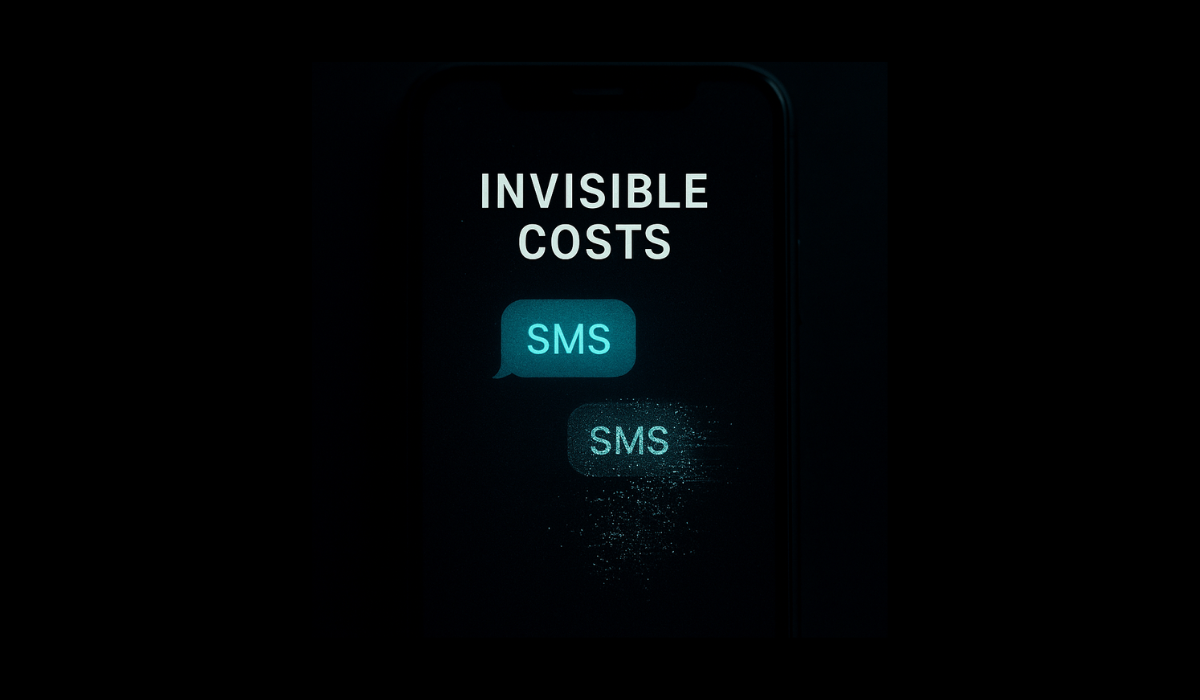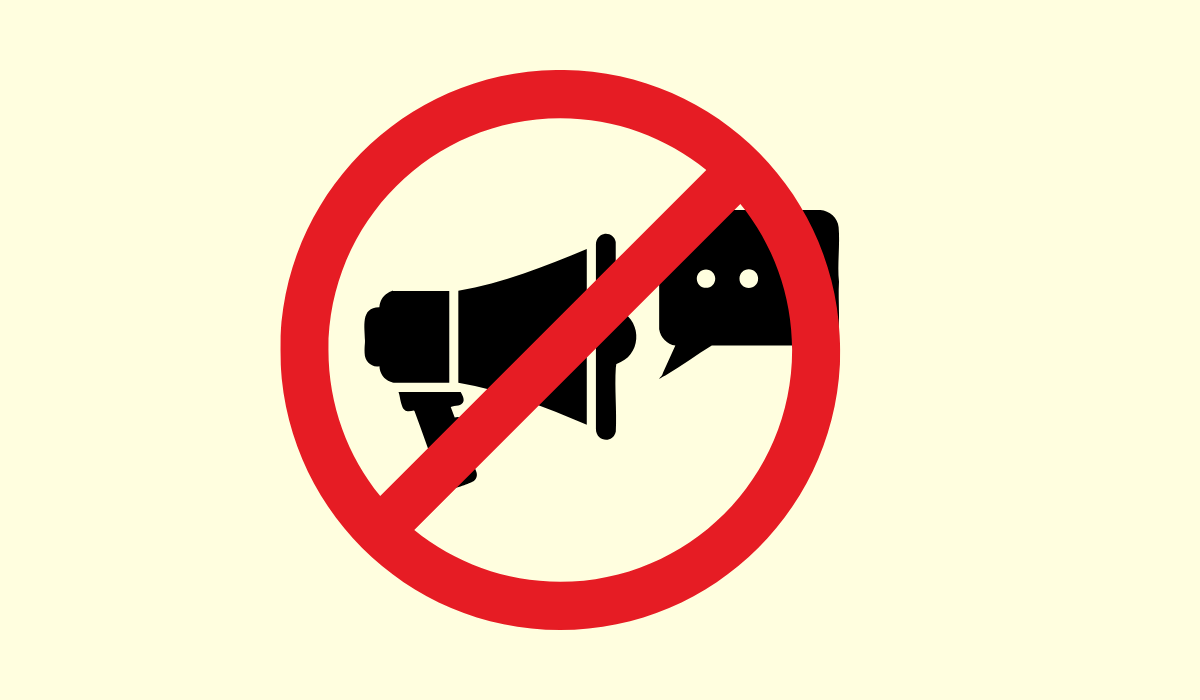Three months ago, your SMS campaigns hit 94% deliverability. Last month, 87%. This month, 81%.
Why Your SMS Messages Aren’t Delivered—and What Carriers Don’t Want You to Know
If your SMS campaigns are seeing high undeliverability rates, the problem might not be your content—it could be your carrier.
From silent network failures to analytics black holes, SMS deliverability issues can sabotage your ROI without warning. In this guide, we break down exactly how to troubleshoot undelivered messages and uncover the hidden culprits behind delivery gaps.

1. Start with SMS Analytics: Data Never Lies
Before diving into assumptions, look at your SMS analytics dashboard. Check:
- Delivery rate trends over time
- Message status codes (e.g., “undelivered,” “failed,” “expired”)
- Time-of-day performance drops
- Carrier-specific failure spikes
Pro tip: Look for repeated failures with specific carriers or time windows—that’s often your first red flag.
2. Carrier Restrictions: The Invisible Wall
Carriers impose increasingly strict filtering rules that block messages without notifying you. These include:
- High-frequency message blocks
- Forbidden keywords (especially in regulated industries)
- Incomplete registration of toll-free numbers or short codes
- Improper opt-in workflows
You won’t get a friendly warning—your messages will simply vanish.
Action: Work with an SMS provider who stays ahead of carrier restrictions and updates message compliance rules in real time.
3. Undelivered Messages and Network Issues: A Hidden Bottleneck
Poor deliverability isn’t always your fault. Temporary network outages, congestion, or device-level issues (e.g., full inbox, airplane mode) can cause sudden spikes in undelivered messages.
Checklist:
- Confirm that the phone number is valid and active
- Recheck the sending time (off-hours delivery can delay receipt)
- Review carrier uptime reports or real-time alerts from your provider
4. Toll-Free vs. Short Code vs. 10DLC: Choose Wisely
Each number type has different restrictions and performance patterns:
|
Sender Type |
Speed |
Deliverability |
Risk of Filtering |
|
Short Code |
High |
Very High |
Low |
|
Toll-Free |
Moderate |
High |
Moderate |
|
10DLC |
Variable |
Moderate |
High (if not registered properly) |
Action: Match your number type with your sending use case. For high-volume marketing, consider using a properly registered short code or vetted 10DLC.
5. Test and Segment Your Traffic
To isolate issues:
- Segment campaigns by carrier
- A/B test message formats and keywords
- Send to internal test numbers from different networks
This helps determine whether it's a content issue, carrier block, or infrastructure failure.
6. Still Stuck? Time to Escalate
If your troubleshooting efforts fall short:
- Ask your SMS provider for message trace logs
- Request carrier-specific insights
- Check compliance with CTIA and TCPA regulations
- Escalate through provider support with timestamps and phone numbers
The more data you bring, the faster you'll get answers.
Final Thoughts: Don’t Let Silence Cost You
The worst part about SMS deliverability issues? You often don’t know they’re happening until it’s too late. By proactively troubleshooting, monitoring carrier restrictions, and leveraging real-time SMS analytics, you can catch the silent failures before they derail your engagement strategy.
From the blog
Lorem ipsum dolor sit amet consectetur, adipisicing elit. Ipsa libero labore natus atque, ducimus sed.


SMS Marketing, SMS, sms carrier, tcpa
Why SMS Marketing Might Be Dead in 5 Years—If Carriers Keep This Up
For over a decade, SMS marketing has been the bedrock of mobile engagement. With open rates often cited above 95% and near-universal device compatibility, it seemed indestructible. Yet today, industry insiders are sounding the...

SMS, sms carrier, tcpa, tcpa restrictions
Are SMS Compliance Rules Silencing Free Speech in Marketing?
Few marketing channels are as tightly controlled — yet so widely used — as SMS. Behind every promotional text lies an invisible gauntlet of carrier rules, algorithmic filters, and registration barriers. Most recipients never...